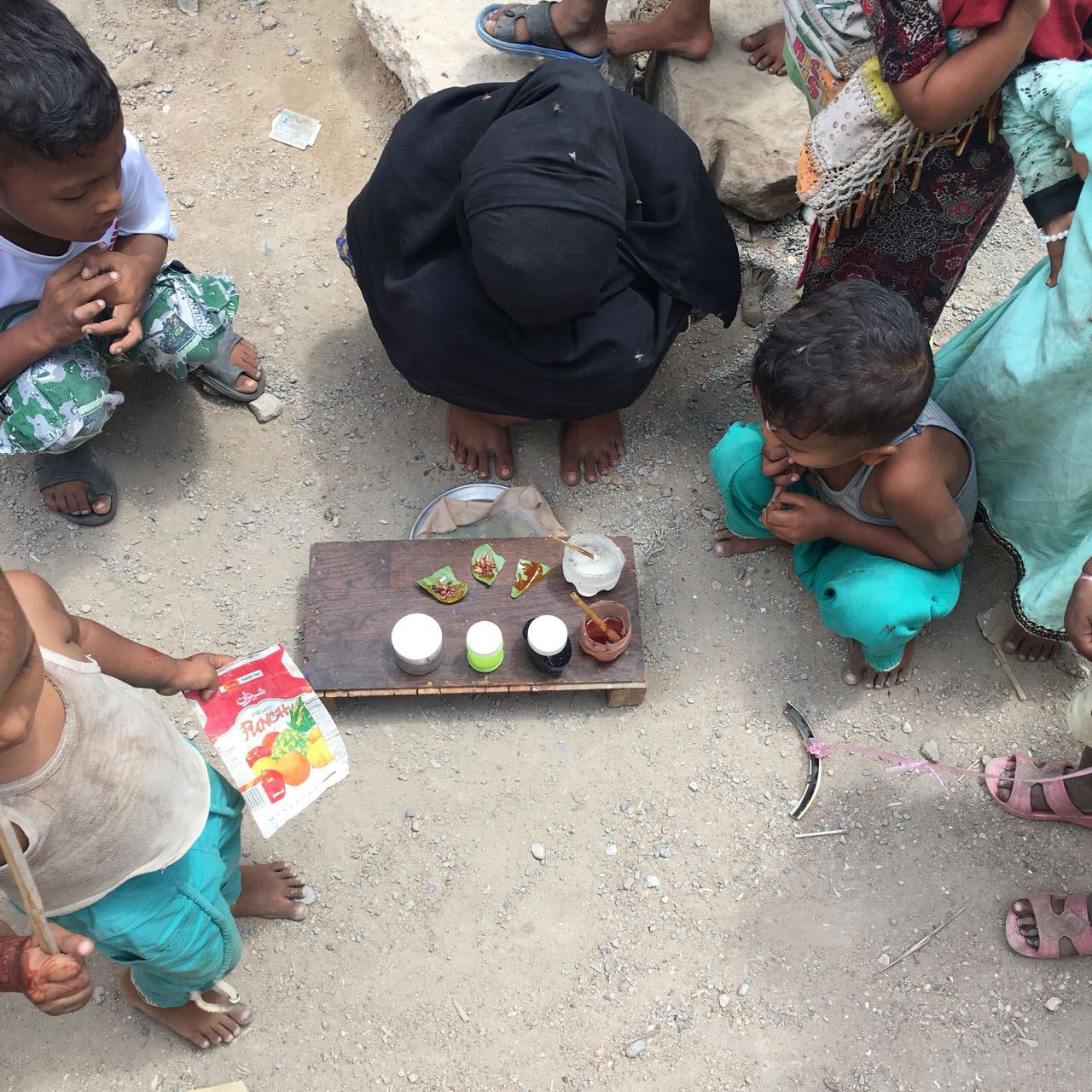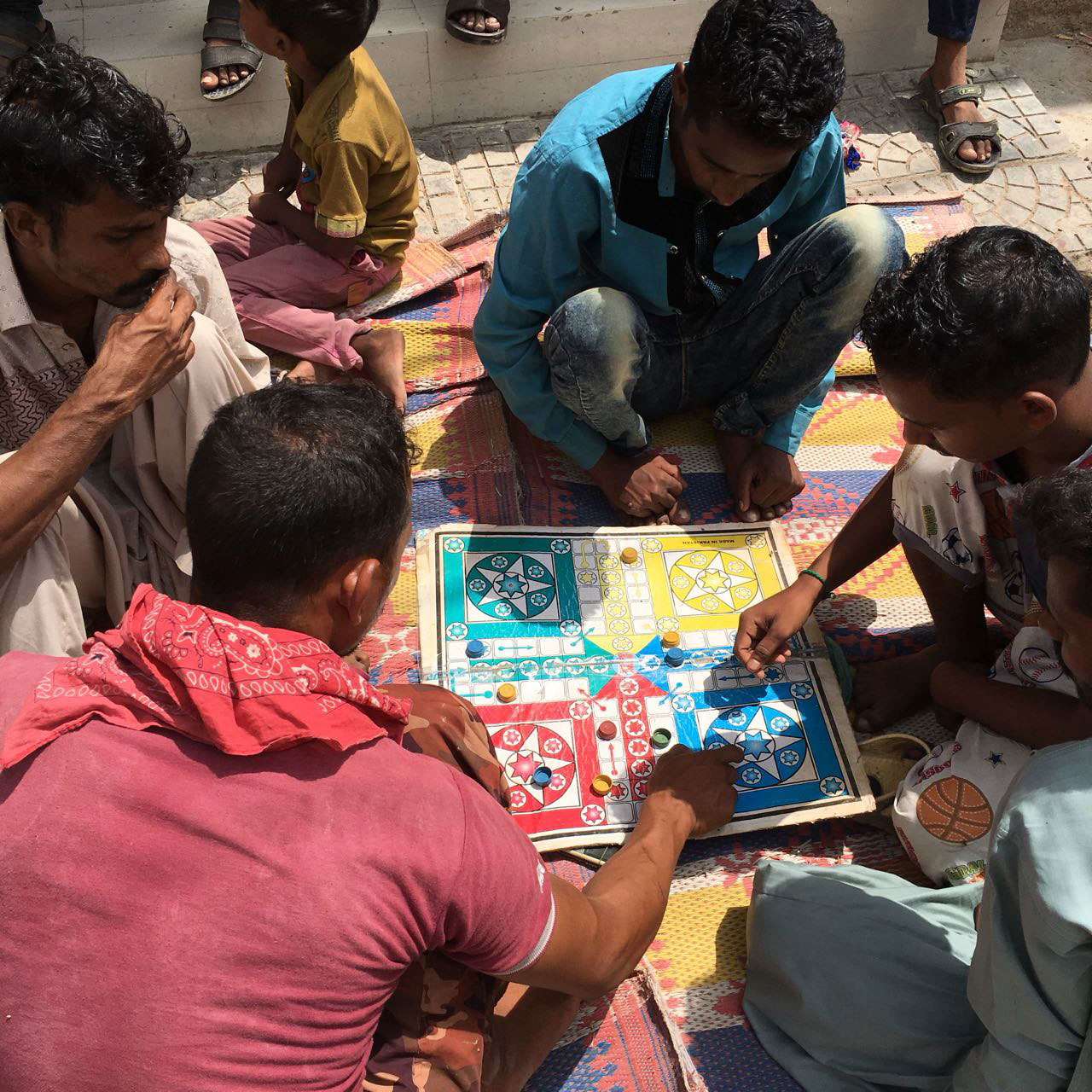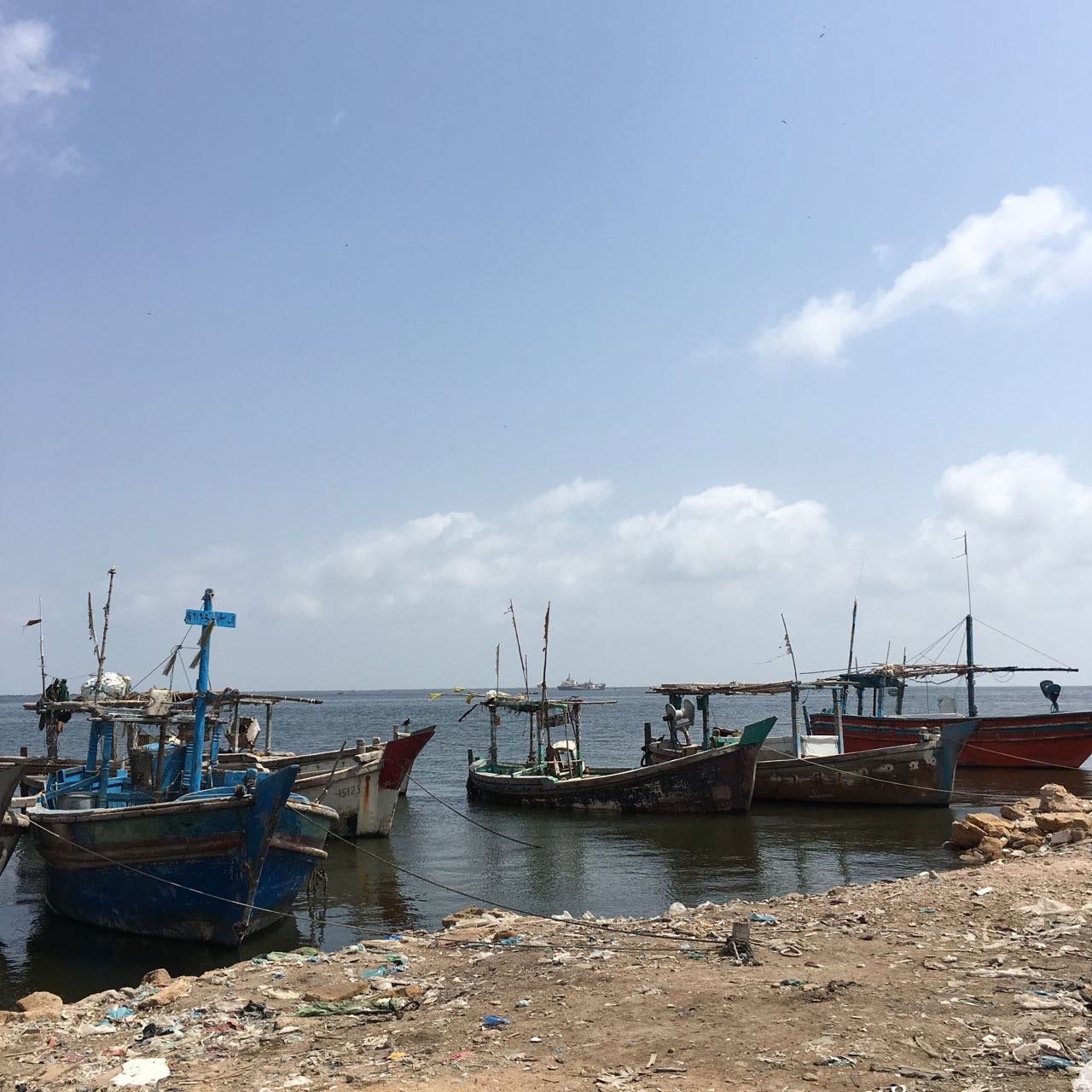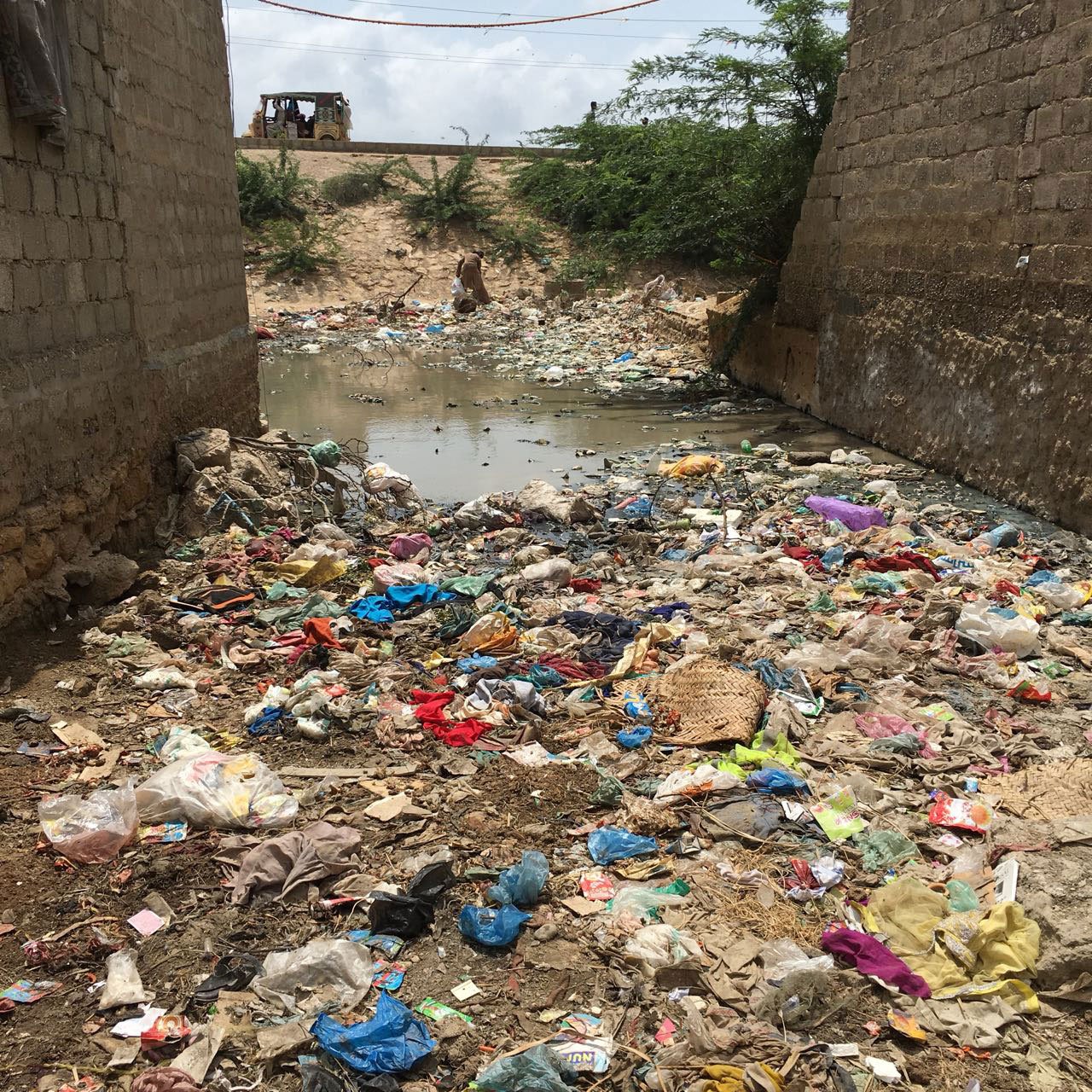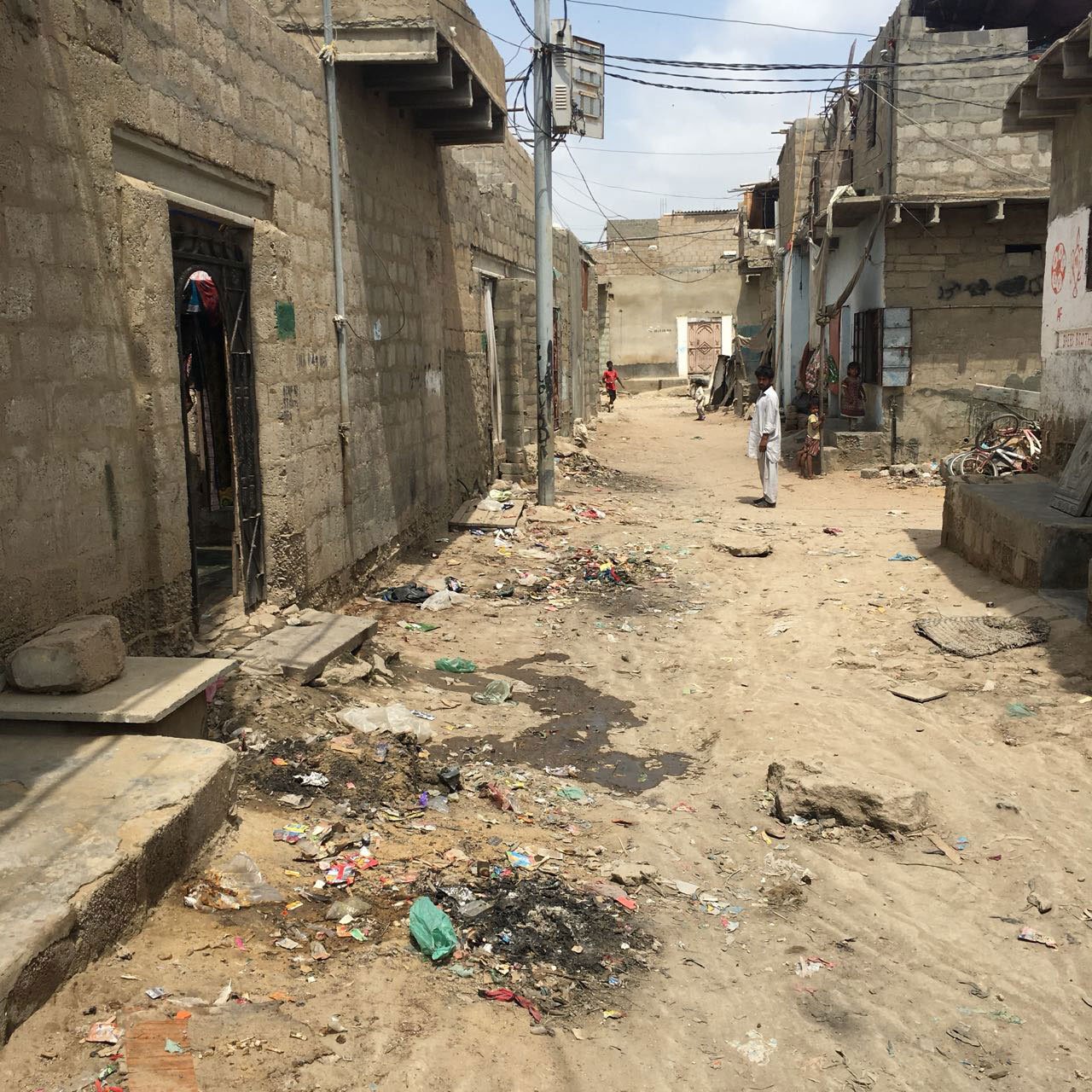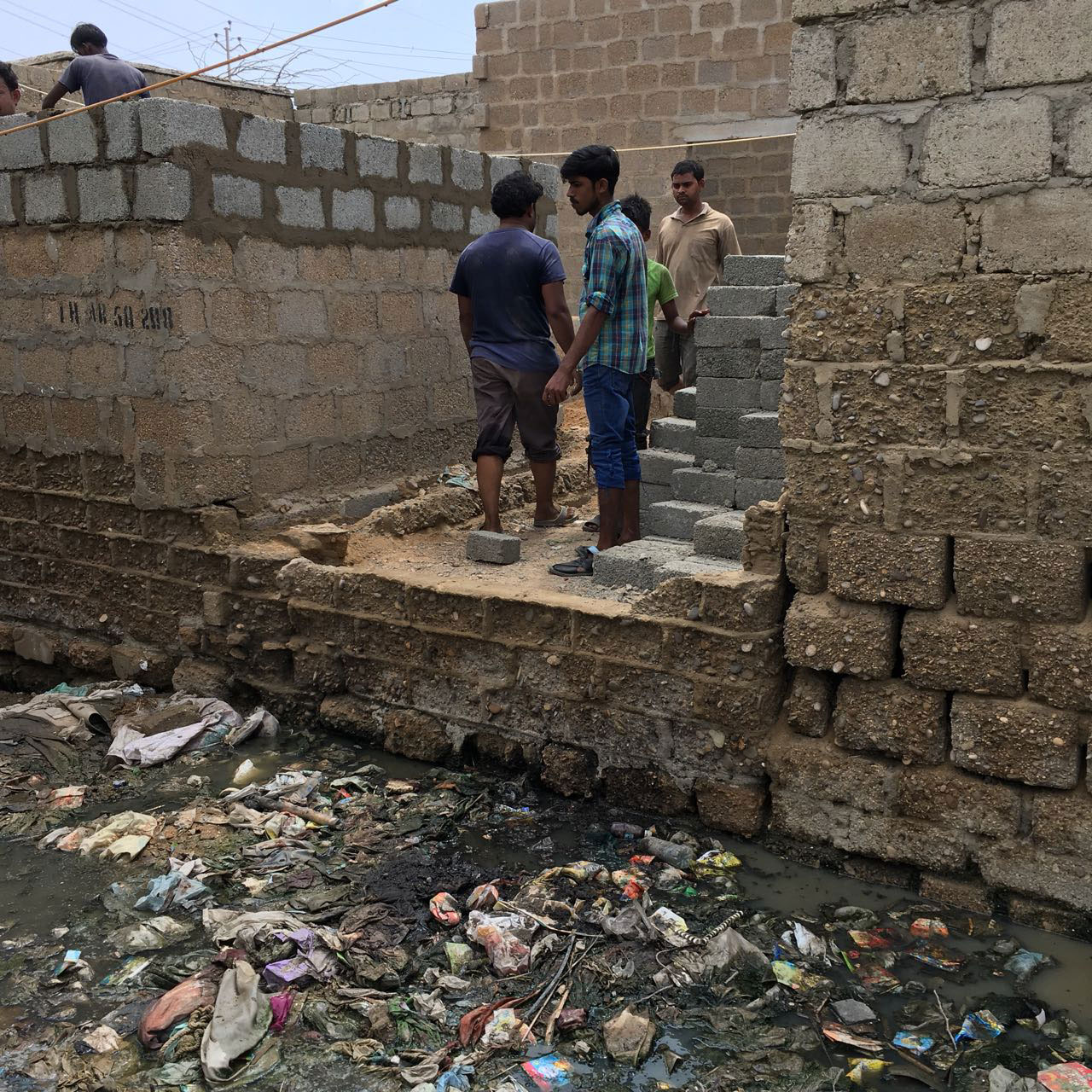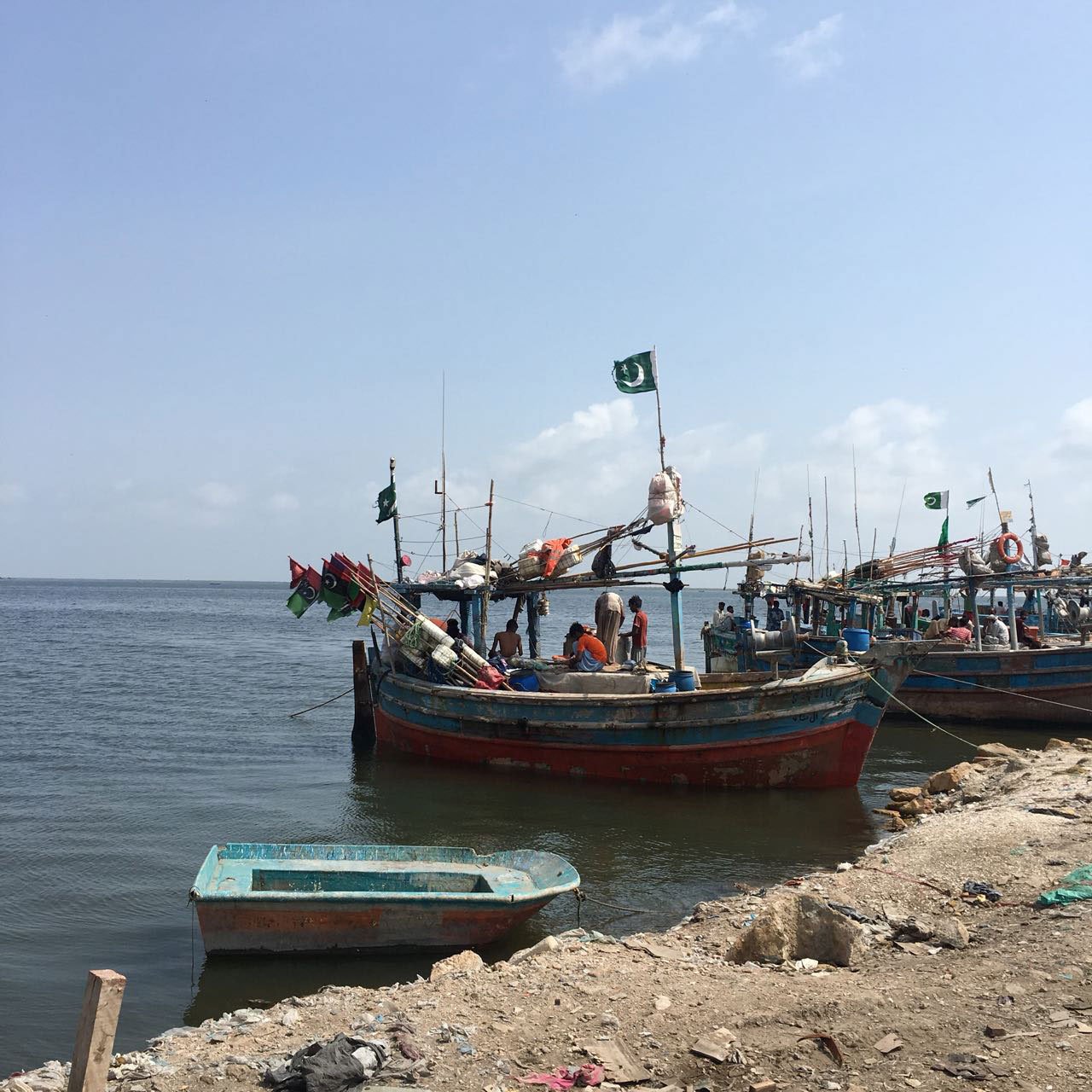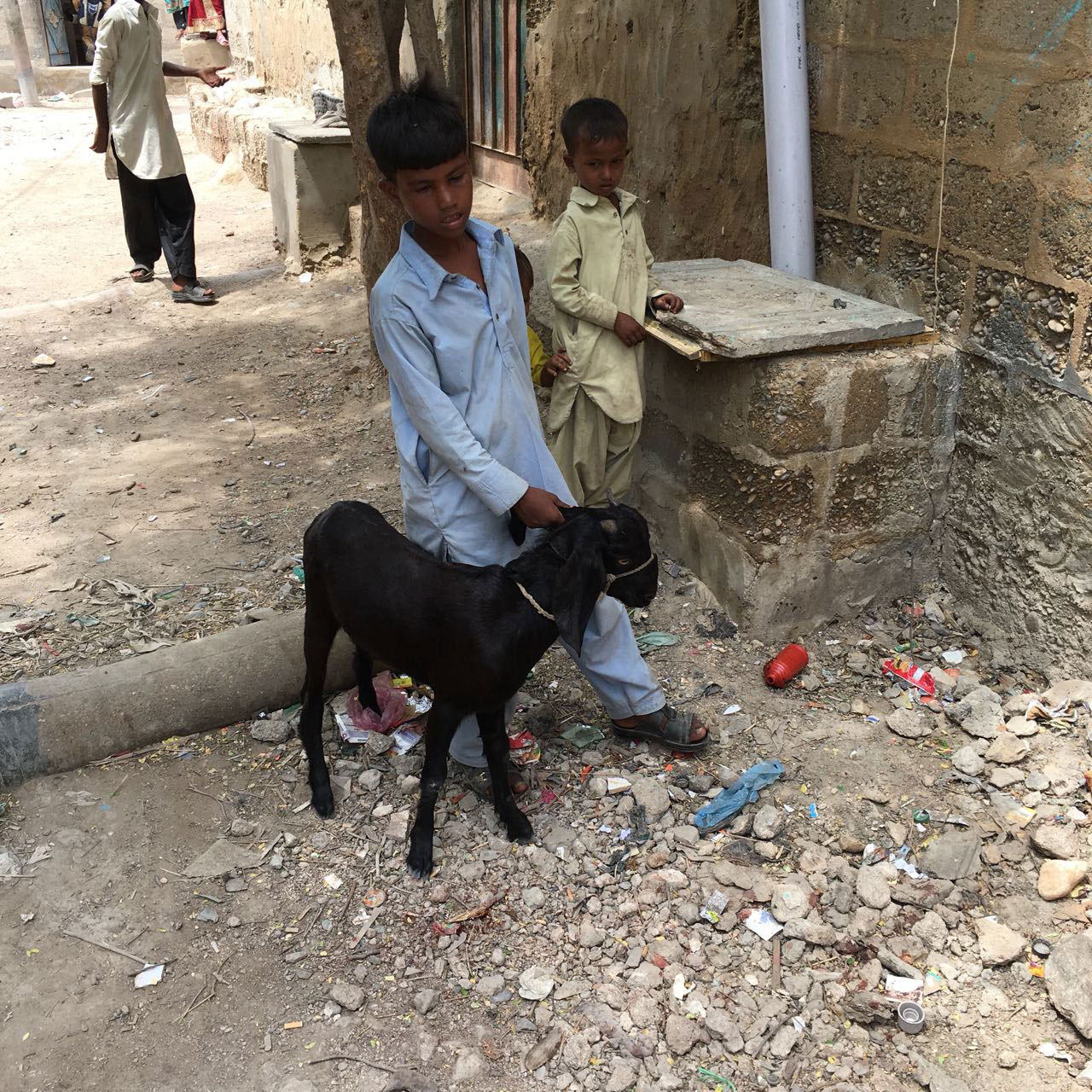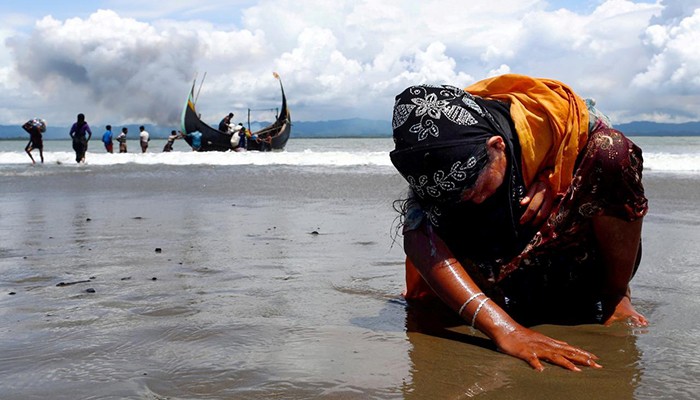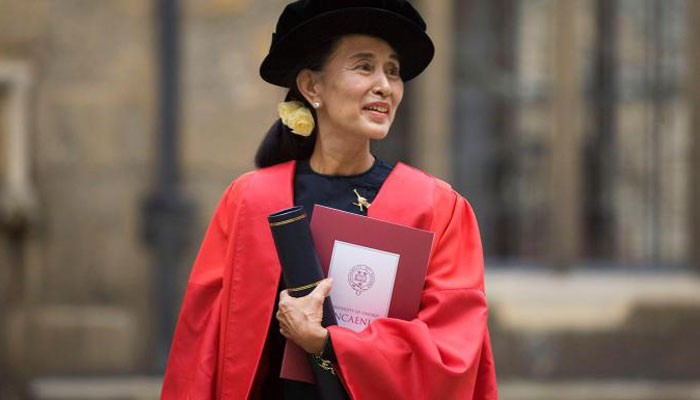KARACHI: The unmistakable stench of rotting fish, wastewater and garbage hangs over Arkanabad in Karachi. Here in the slums, live a large number of Rohingyas — a Muslim ethnic group and the world's most persecuted minority.
The neighbourhood is named after the Arakan State, their old home, in west Myanmar, from where they fled in the 1960s to take refuge in Pakistan.
"The first mass exodus of Rohingyas was in 1962 via the sea," says Noor Hussain Arkani, who heads the Pakistan chapter of the charity, the Rohingya Solidarity Organization (RSO).
"Our population today should be an estimated 0.2 million."
Back then, Ayub Khan, Pakistan's president, allowed the Rohingyas to enter on humanitarian grounds.
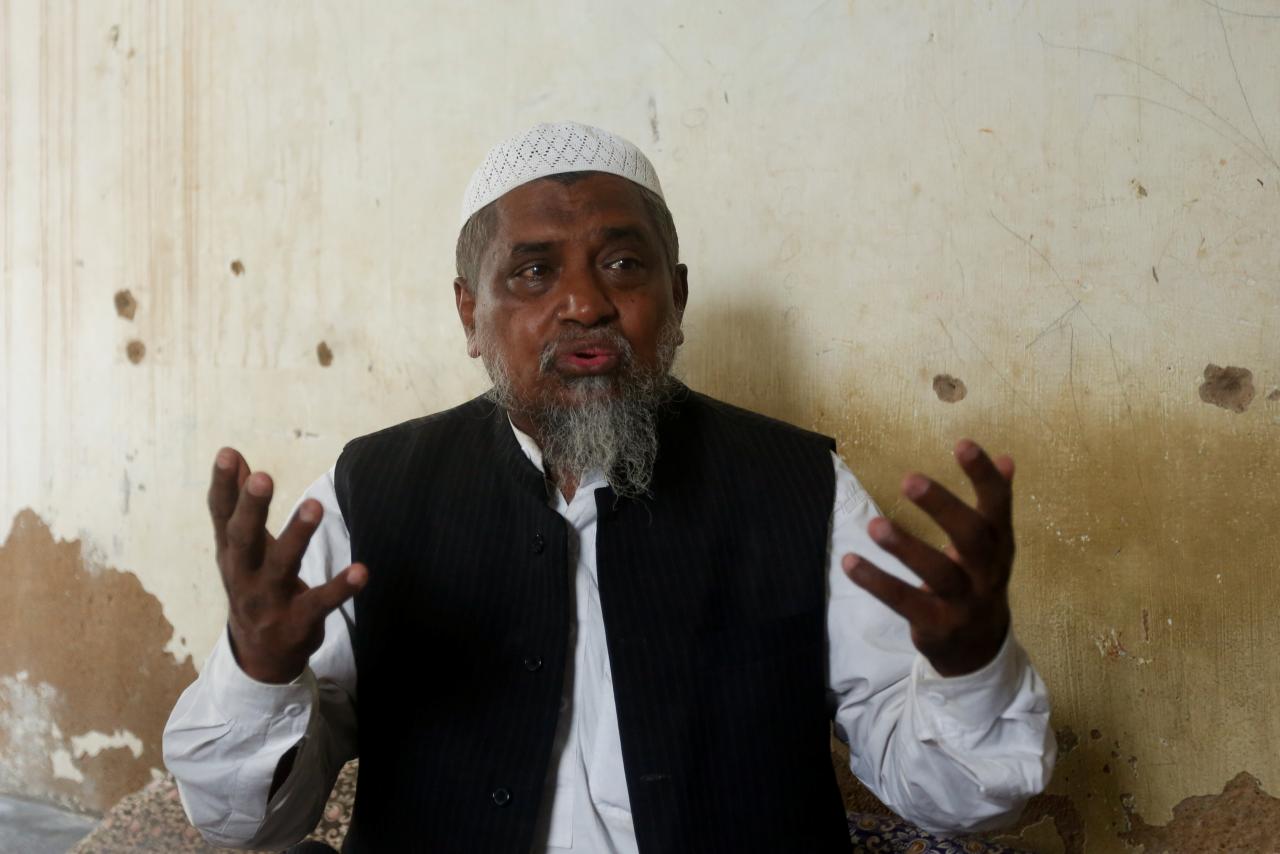
"We came here hoping for a new beginning, with the belief that our children will live better lives than us. But, that is not true. We are not any better or any happier in Pakistan," explains Arkani.
The metropolis Karachi, they soon realised, had little to offer, except for a chance of survival.
To date, the community has no legal status in the country. A vast majority of Rohingyas do not have any legal documents — no ID cards or birth certificates — to prove their country of residence.
"We are stateless as much here as we were back home," says a community leader, who asked not to be named.
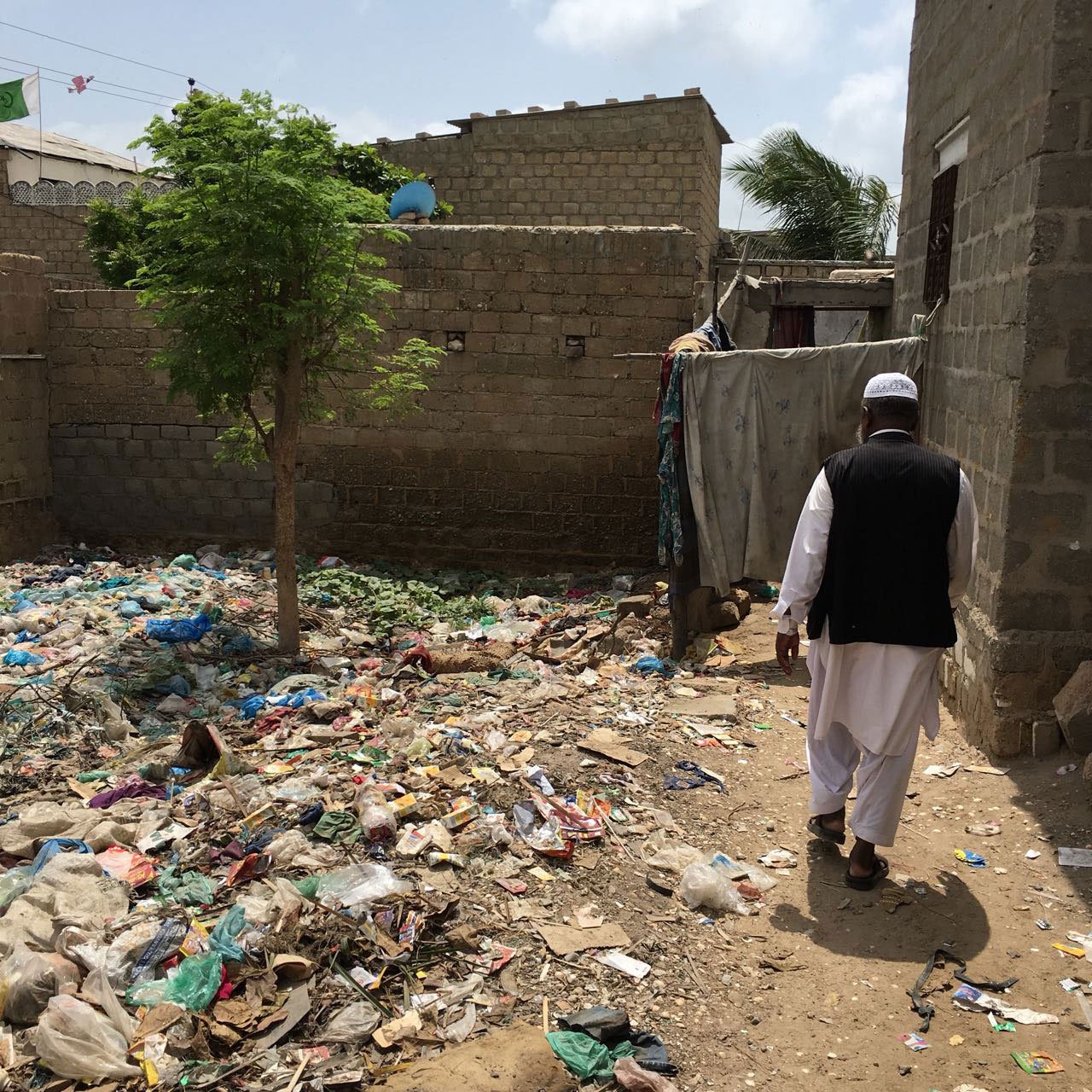
"The National Database and Registration Authority do not issue us cards."
Others admit they were able to secure national identity documents through illegal means, and by greasing a few palms.
Mohammad Younis, a middle-aged fisherman, showed Geo.tv an expired ID card of his parents, which was given to them in the 1970s. Younis does not have one of his own.
Another way around the system, say some Rohingyas, is to enlist themselves as Bengalis, another minority group in Pakistan. This at least allows them the chance to apply for citizenship.
Lack of proper documentation prevents the Rohingyas from enrolling their children in schools, deprives them of employment opportunities and government healthcare initiatives.
In Arkanabad, a majority of the men are fishermen, or work in garment factories. Without an ID card, there is little else they can do.
According to Ahmed Yousuf, a journalist, "the crisis for the Rohingyas began in 2004 when the Child Registration Certificates were computerised in the country. Under the new regulation, a refugee was required to hand in documents that detail and prove their migration to Pakistan," he explains.
"Many third-generation Rohingyas were unable to produce such documents, which in turn, put their citizenship status in peril."
For those who cannot be provided CRC forms, NADRA requires the Family Registration Form, adds Yousaf, this means getting one's documents verified from the Arambagh Police Station, which deals with foreign nationals. But these days the station is nonfunctional. No one sits there.
With social mobility stunted some members of the community have also turned to crime and militancy.
Qari Jameel Burmi is one such example. A member of the sectarian Lashkar-e-Jhangvi, Burmi is on the run. Karachi's Counter Terrorism Department has placed Rs0.5 million head money on him for involvement in sectarian killings.
"After MQM's MPA, Raza Haider, was gunned down in 2010 in Karachi, a massive killing spree took over the city. Over 195 people were killed in a week. Those killings were led by Burmi," says Ali Arqam, a journalist.
Limited educational options for their children, the Rohingyas end up enrolling them in religious seminaries run by extremists.
"Marginalised Bengalis and Burmese students have been targeted for recruitment by Lashkar-e-Jhangvi and Jaish-e-Muhammad," adds Arqam.
A few, according to Raja Umar Khattab, a senior official of the Counter-Terrorism Department, have also become members of the Al-Qaeda in the Indian Subcontinent (AQIS).
Arkanabad falls within Abdul Hakeem Baloch's constituency. Baloch, a Pakistan People's Party parliamentarian, has little to no knowledge of the Rohingyas living within his area of representation.
"I don't know who they are. They have never contacted me or come to me with their issues," Baloch admits to Geo.tv. "My constituency is very big. It is impossible to know each and every issue and each and every person."
The future for Rohingyas in Pakistan is grim. Things are unlikely to change for the better anytime soon.
"The army might be killing us in Myanmar but thirst and hunger are killing us in Pakistan," says Mohammad Zafar, a 30-year-old from Arkanabad.
"Hum yahan zinda marr rahay hain."
Credits
Reporting by: Ebad Ahmed
Editing by: Benazir Shah
Produced by: Sajjad Haider
In collaboration with ICFJ Knight fellow Shaheryar Popalzai



